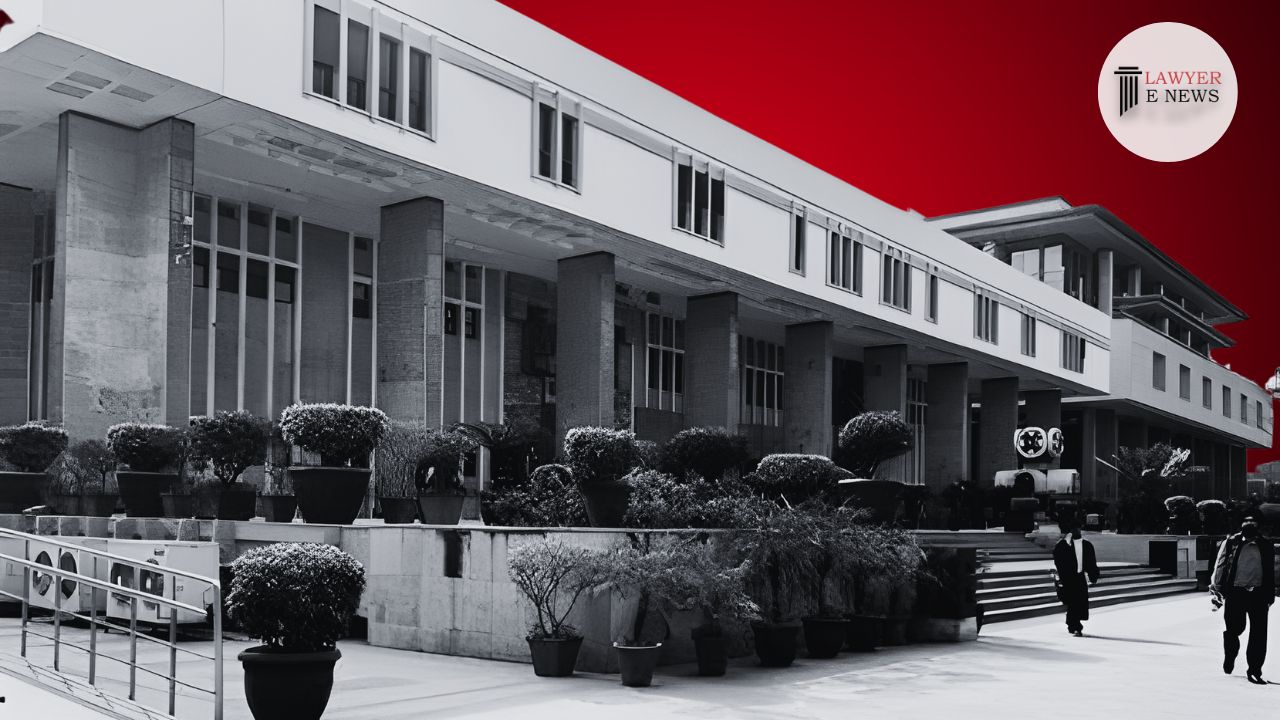-
by Admin
15 February 2026 2:36 AM



New Delhi, September 6, 2023: In a trailblazing judgment that has captured the nation's attention, the Supreme Court of India granted a divorce to a couple who had been living separately for over 15 years. The Hon'ble Justices SANJIV KHANNA and M. M. SUNDRESH presided over the case, emphasizing that the marriage was "emotionally dead and beyond salvage."
The case had earlier been through the Trial Court and the High Court of Chhattisgarh, both of which declined to grant the divorce. These courts were criticized by the Supreme Court for their "hyper-technical and pedantic approach."
The apex court's judgment undertook the monumental task of redefining 'cruelty' in the context of divorce under Section 13(1)(i-a) of the Hindu Marriage Act. Drawing on prior case laws, the Court said, "Cruelty may be both intentional or unintentional. Matrimonial obligations and responsibilities vary in degrees." The judgment also highlighted that what might be cruel in one context may not be in another, emphasizing the nuance required in such assessments.
The judgment also clarified the discretionary power that the Court holds when it comes to granting divorce. It stated that divorce is "not a matter of right but a discretion which is to be exercised with great care and caution." Factors such as the social and economic status of the parties, the nature of allegations made, the period of time the parties had cohabited after marriage, and any attempts made to settle disputes were outlined as critical for consideration.
The Supreme Court ultimately set aside the judgments of the lower courts, remarking, "It is not as if the respondent Husband is willing to live with the appellant–Wife. Both the parties have moved away and settled in their respective lives. There is no need to continue the agony of a mere status without them living together."
Supreme Court also noted that considerations relating to the welfare of any children, provisions for alimony, and other pending matters are relevant when considering the dissolution of a marriage.
Legal experts believe this judgment will significantly influence how courts handle long-term separations and the complex dynamics involved in marital disputes. The judgment is seen as a major step toward a more pragmatic and compassionate judicial approach to marital discord.
Date of Decision: September 06, 2023
SMT. ROOPA SONI vs KAMALNARAYAN SONI
